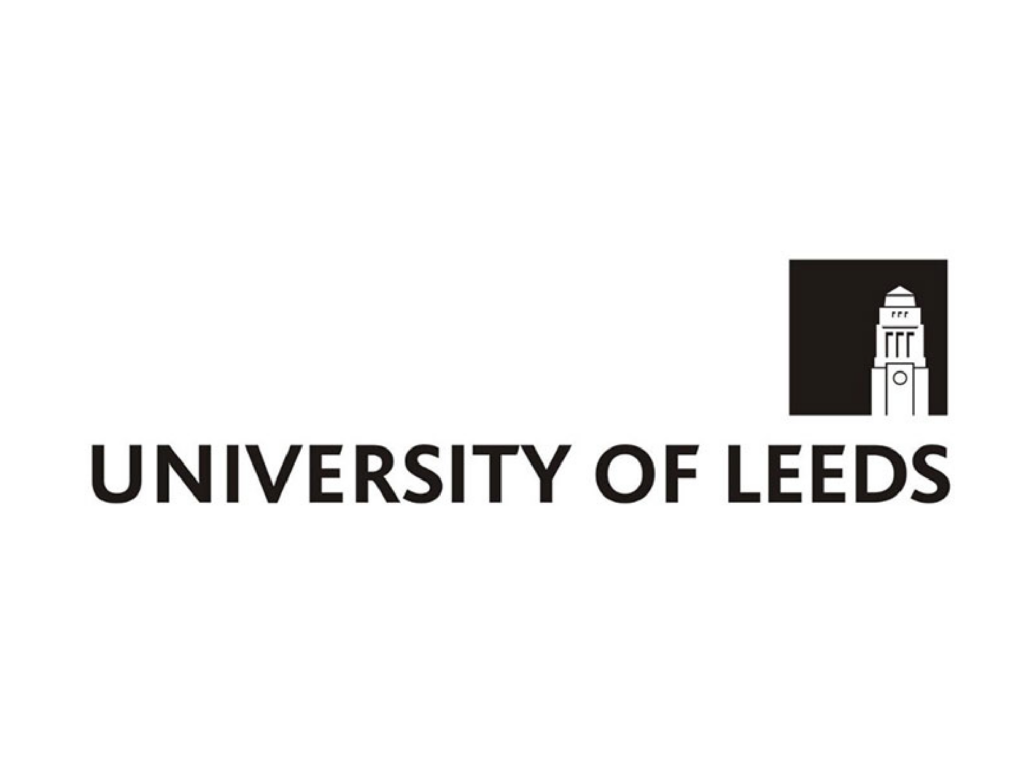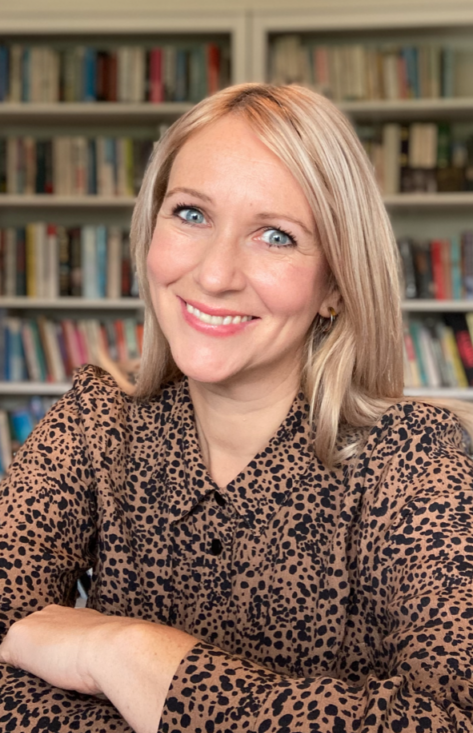Grounded in quality care, enhanced by learning and education
St Gemma’s Hospice, in partnership with the University of Leeds, is the world’s first University Teaching Hospice. St Gemma’s Academic Unit of Palliative Care (AUPC) is internationally recognised as an outstanding model for improving care of those approaching the end-of-life through integrated research, teaching and evidence-based clinical practice.
Trish Stockton, Head of Learning and Teaching at St Gemma’s, explains how they are leading the way in helping people “die well”.
Covid – overcoming hurdles and building for the future
St Gemma’s AUPC quickly rose to the enormous challenge of the pandemic, rapidly adapting face-to-face training programmes to online formats. In this way, they were able efficiently to support frontline staff with challenges in planning, infection control, and the set-up of Nightingale hospitals.
One particular programme that was a direct result of covid is the support St Gemma’s provides to care home staff.
Trish continues, “Many care home staff members were suddenly thrust into new and difficult situations. Experts at St Gemma’s were able to provide remote support to help them deal with these challenges. This has changed the way we now deliver training, using a combination of online programmes and in-person training.”
As a result of developing online training programmes, St Gemma’s is now able to support with other challenges facing the care sector, such as high staff turnover and staff shortages. The online nature of the training makes it more accessible to care home staff with limited time, as well as domiciliary staff in people’s homes.
Trish explains, “We can now be far more flexible and meet the varied training needs of individuals – and with a far greater reach. As well as delivering locally and regionally, we find that we have extensive national and international influence, particularly in advanced care planning and communications skills. This is the way we will continue to develop our training offer.”
Empathy and communication are key
An established training programme that is evolving and growing extensively is communications skills training.
“Communications skills training has really stood the test of time and the need continues to grow –sometimes where you would least expect it. We first established a programme 20 years ago and it is in huge demand from healthcare professionals.
“We provide training for different healthcare professionals including consultants, doctors and nurses in how to give difficult news to people. Health professionals don’t have a lot ofPicture of doctor talking to female patient and her male companion time and our training emphasises that it’s not about how much time you have, but how you give the difficult news.
“If you show compassion and empathy –people will of course still be upset, but not broken, by these conversations. We try and replicate real life using actors to role play scenarios, which provides reassurance, as people can learn in a safe
Heart and mind beating as one
Lucy Ziegler, Professor of Palliative Care at St Gemma’s AUPC, has personal experience of receiving bad news when her mother suffered terminal breast cancer.
She has written about how this experience, together with her passion for research in oncology, sparked a determination to improve the way we care for those nearing the end of their lives.
One aspect of Lucy’s research focuses on how to integrate palliative care more widely into cancer care, especially in cases of advanced cancer or where the prognosis is uncertain.
“Palliative care is very much about maximising quality of life, rather than curing disease,” says Lucy. “Significant research evidence has demonstrated that for people with advanced cancer, palliative care has many benefits for quality of life, in some cases, even improves survival.
“It is hard to change the accepted approach to cancer care and I see it as an ongoing challenge to provide the evidence so that palliative care is considered a viable option for people with long term conditions.
“Clinicians, whose purpose is to treat and aim to cure disease, often find it difficult to discuss with someone that it may be time to consider palliative care.
“Medical training does not prepare clinicians sufficiently for this and I have seen even the most experienced of clinicians welcome and benefit from the training we provide to help them have these discussions. “
Another important piece of research into how people access palliative care was undertaken by the AUPC. Starting close to home, research identified which populations in Leeds were unable to access palliative care, as well as considering inequities of access.
Strategies have now been developed to help open up access to those facing the greatest barriers, including finding ways to alter the service to support them. In some cases, it may involve providing help in their own homes, supporting family members or carers, or training hostel workers to support homeless people.
As Lucy says,” In palliative care there is never a one size fits all solution. We continue to improve assessment and management of pain, as well as address the inequities of accessing end of life care, and develop programmes accordingly.”
Lucy and the rest of the palliative care team in Leeds continue their work with a focus very much on the future.
“The number of people needing palliative care is increasing. People are living longer and the end phase of life is being extended , as a result of advances in treatment.
“Palliative care needs cannot be met by palliative care specialists alone and so the more we can integrate palliative care into our healthcare practices, the better the outcome for all.”
What makes St Gemma’s AUPC special?
Lucy’s view, “We could not do it alone. In Leeds there is a tremendous, shared, commitment to improving end- of -life care and ensuring palliative care is accessible for everyone. The AUPC research identifies the needs of people in Leeds to tailor the services we offer. That way we can better meet the needs of different communities as identified by our research.”
For Trish, “It’s all about team working, academics and clinical staff sharing their expertise, as we constantly reflect, evaluate and update our programmes to ensure real and current needs are met. At the heart of everything we do is empathy and understanding, in this way we hope to break down the taboo surrounding dying.”





